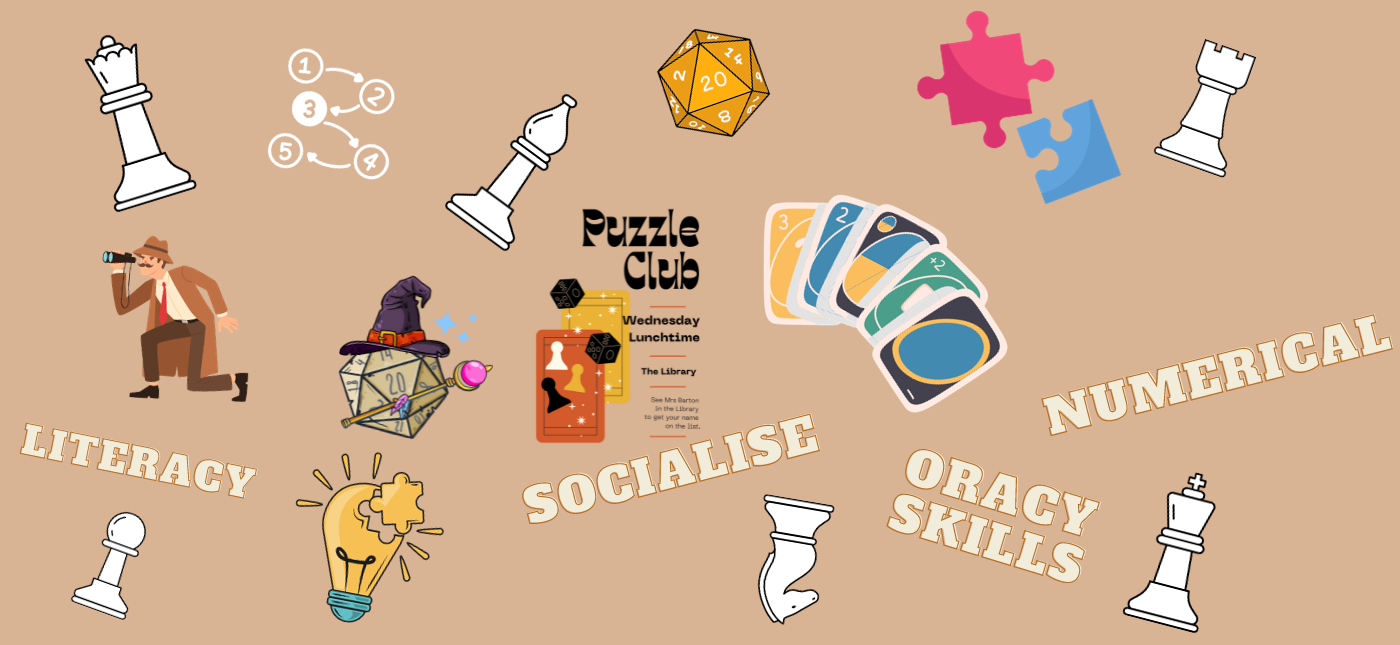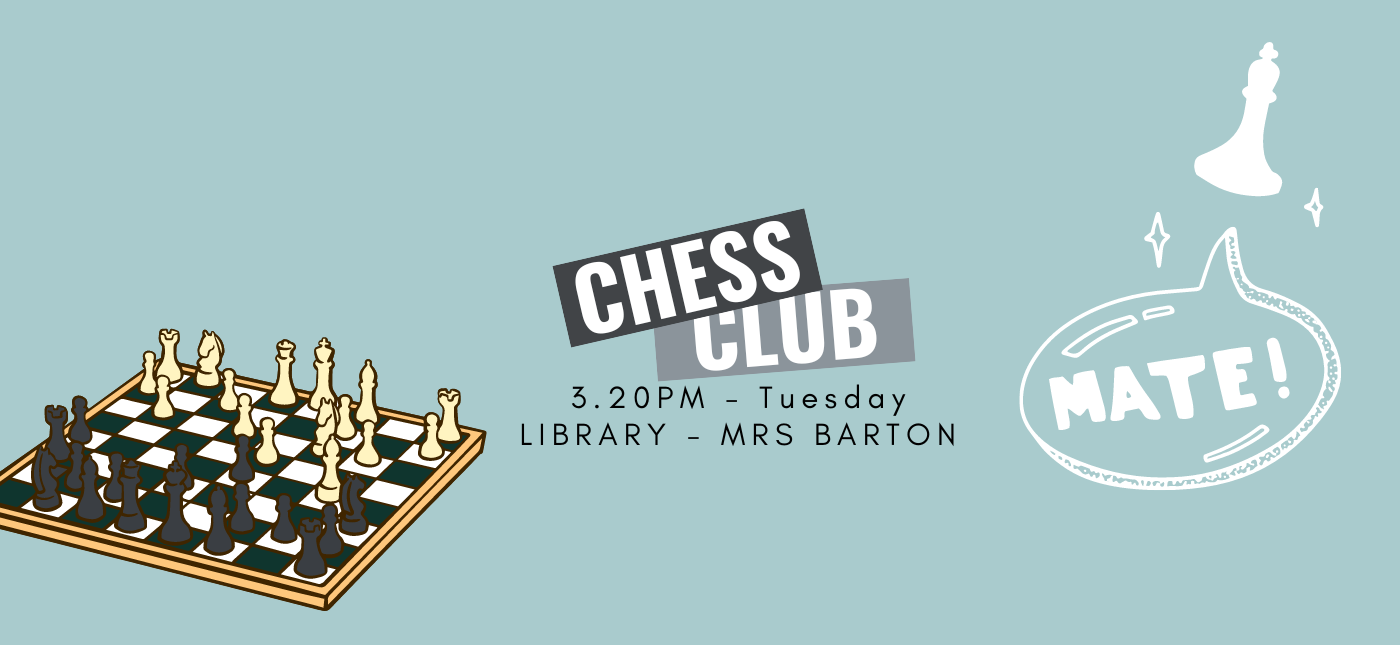Computer Science GCSE Specification
Computer Science GCSE Specification
Qualification: OCR J277 GCSE (9-1)
QAN Code:
Level: 2
Exam Board: OCR (Oxford, Cambridge and RSA)
What you learn about:
The OCR GCSE (9–1) in Computer Science will encourage students to:
- understand and apply the fundamental principles and concepts of Computer Science, including; abstraction, decomposition, logic, algorithms, and data representation.
- analyse problems in computational terms through practical experience of solving such problems, including designing, writing and debugging programs.
- think creatively, innovatively, analytically, logically and critically.
- understand the components that make up digital systems, and how they communicate with one another and with other systems.
- understand the impacts of digital technology to the individual and to wider society.
- apply mathematical skills relevant to Computer Science.
Computer Systems (J277 Unit 1)
- Systems architecture
- Memory and storage
- Computer networks, connections and protocols
- Network security
- Systems software
- Ethical, legal, cultural and environmental impacts of digital technology
Computational Thinking, Algorithms and Programming (J277 Unit 2)
- Algorithms
- Programming fundamentals
- Producing robust programs
- Boolean logic
- Programming languages and Integrated Development Environments
Assessment:
Assessment of the J277 (9-1) OCR GCSE in Computer Science consists of two papers, one focusing on computer systems and one with a focus on programming, computational thinking, and algorithms. Both papers have identical weighting (50/50) and mark allocations (80 marks per paper)
Practical Programming
All students will be given the opportunity to undertake a programming task(s), either to a specification or to solve a problem (or problems), during their course of study. The practical programming assignment does not count towards the final GCSE grade.



















